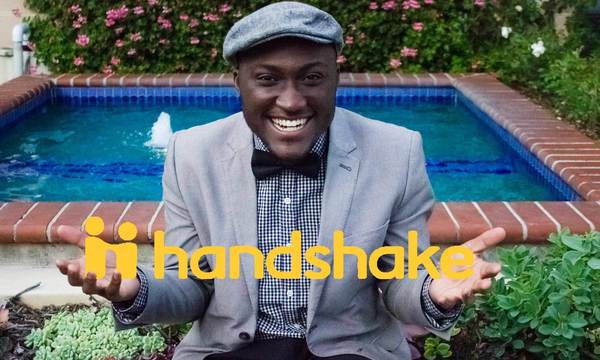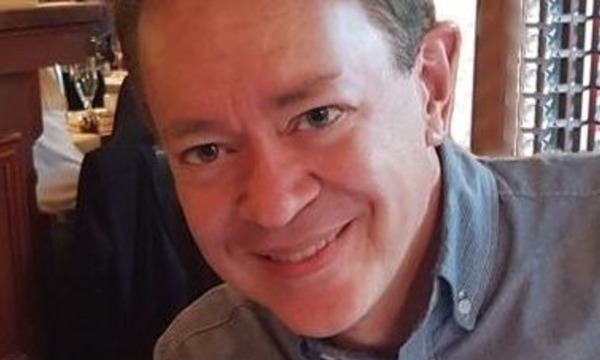Blogs & Podcasts
![]()
Becoming Biola
Explore Life at Biola University![]()
![]()
![]()
Bravo!
Biola University Conservatory of Music![]()
Business. Ministry. Life.
Crowell School of Business![]()
GRIT
a resource collective for women![]()
Opening Question
Torrey Honors College![]()
![]()
Talbot Magazine
Talbot School of Theology![]()
The Faculty Cut
Resources from the Snyder School of Cinema and Media Arts' Industry Professionals![]()
The Good Book Blog
Talbot School of Theology Faculty Blog![]()
Think Biblically
Conversations on Faith and Culture![]()
Winsome Conviction
Deepening convictions without dividing communities
Latest Posts
The Key to Professional Development
The Power of Mentorship
Recommended Resources
Weekly Q & A with Dr. William Lane Craig
Two Women Tennis Seniors Finish Strong After Four Years Together
Athletes recollect their college experience at Biola
Mixed Race, Matched Grace
a chapel talk by Chantelle Gibbs
The “Mind-Boggling” Trinity
Weekly Q & A with Dr. William Lane Craig
The Historical Paul
Weekly Q & A with Dr. William Lane Craig
 Biola University
Biola University




















